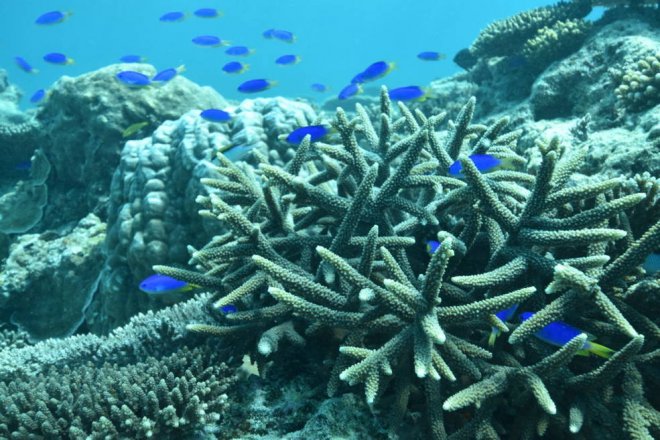
A recent research of the University of California found that organisms can survive climate change in their intact habitats. The researchers found that the ecosystems can defend the organisms from the rising temperatures and protect them from extinction.
The research published in the journal Ecological Letters stated that the natural habitats help the plants and animals to resist rising heat stresses.
The study based on the rocky shorelines from California's Channel Island to Washington's Olympic National Park found that marine species in the heat intense regions depend on their habitats as a shield during low tides.
According to the study, species like seaweeds and mussels form habitats similar to tree ecosystem which lowers the temperature for the benefit of the other sea creatures. The species depending on them would have only a little time to adapt if the habitat gets imperiled.
Laura Jurgens of the UC Davis Bodega Marine Laboratory who led of the study, said, "We might take for granted some of the resilience of our ecosystems because we don't realize how much they depend on these habitats. For creatures that live in mussel beds and seaweed beds, it's like having a house with air conditioning at low tide. You can tolerate a lot of what goes on outside if you have air conditioning. But if you're looking at a future with more intense heat waves, and you don't have air conditioning anymore, you wonder, 'Where can I go?' For these species, they could make a big move north, but it won't help-they still need these habitats to keep the heat in a tolerable range."
The researchers found that habitats like grasslands and rainforests also have a protective role during global warming.
The study found that the plant and animals that live in an "ecological air conditioning" habitat are less likely to shift to other places unless their protective habitats are threatened. Sudden events like warm blobs of ocean water, disease, extreme storms or intense heat waves could make them more vulnerable even though they may be found to be adaptive to the changing environment.
Researchers have found that some plants and animals tend to move to higher latitudes for the cooler climate, whereas, for some species, habitat tends to be more important than the latitudes.
The study reinforced that habitat conservation is a prime factor for the resilience of organisms during climate change.
Several studies have predicted that climate change would be the major reason for the mass extinction of many species.









